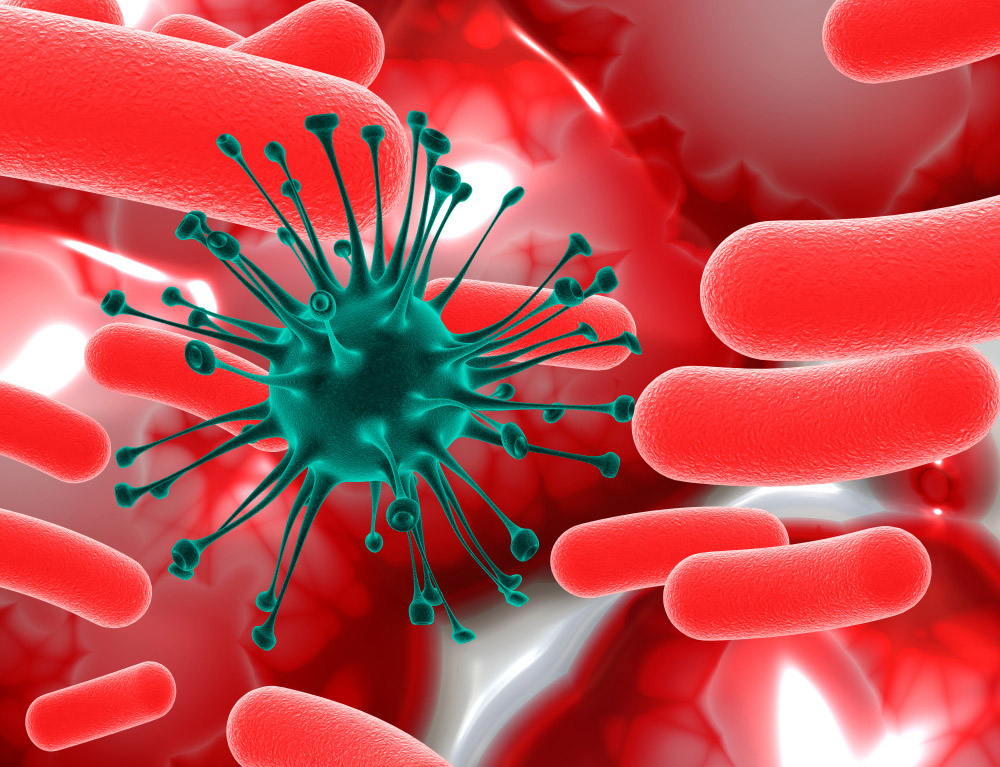Blog Post
Interesting and Relevant Articles on Bloodborne Pathogen
What are bloodborne pathogens?

Bloodborne pathogens are microorganisms, such as bacteria and viruses, that can be present in human blood and other body fluids. These pathogens can lead to serious, and sometimes life-threatening, diseases if they enter the bloodstream of another person. The transmission of bloodborne pathogens can occur through various means:
-
Risky Sexual Encounters: Unprotected sexual activity, especially with an infected partner, can lead to the transmission of bloodborne pathogens.
-
Drug Use Involving Needles: Sharing needles or other drug paraphernalia contaminated with blood can facilitate the spread of bloodborne pathogens.
-
Tainted Blood Transfusions: While modern blood transfusion practices are highly regulated to minimize the risk of transmitting bloodborne infections, there have been historical cases of infections due to tainted blood.
-
Transmission from Mother to Fetus: Bloodborne pathogens can be transmitted from an infected mother to her baby during pregnancy, childbirth, or breastfeeding.
-
Occupational Accidents: Healthcare workers are at risk of occupational exposure to bloodborne pathogens through needlestick injuries, accidental contact with contaminated blood or bodily fluids, and other accidents during medical procedures.
